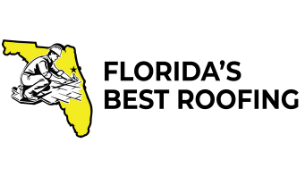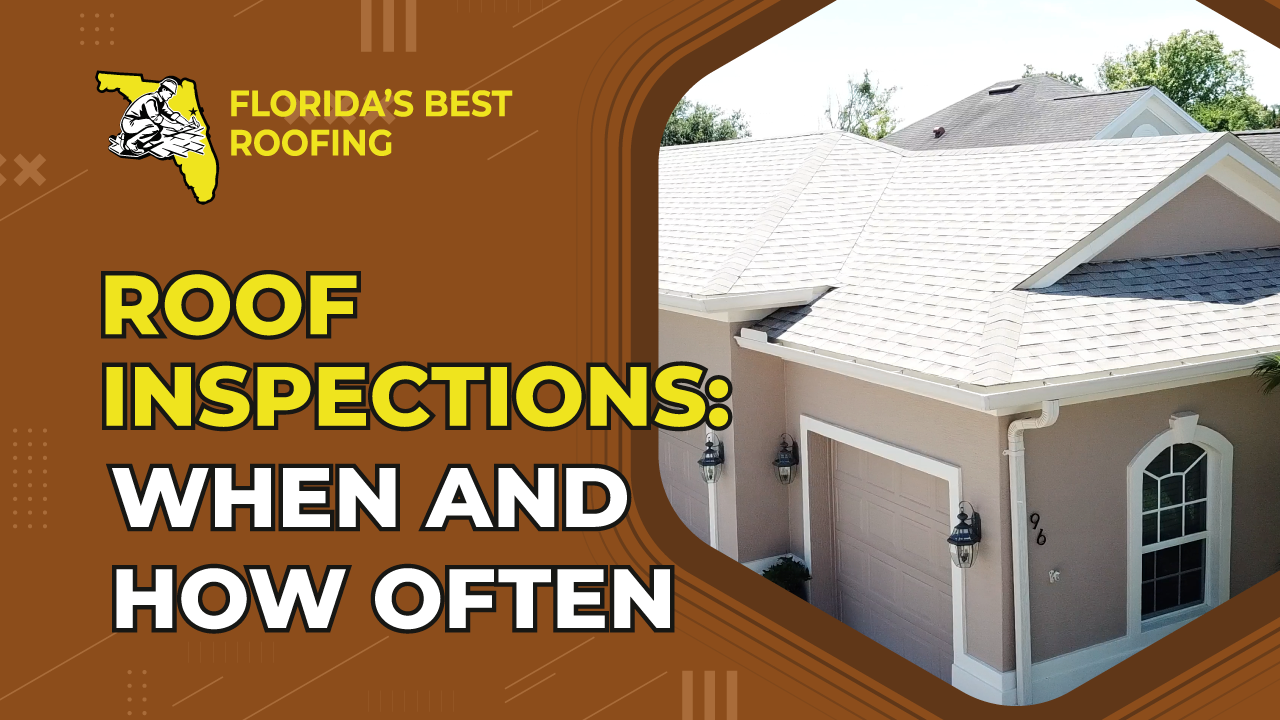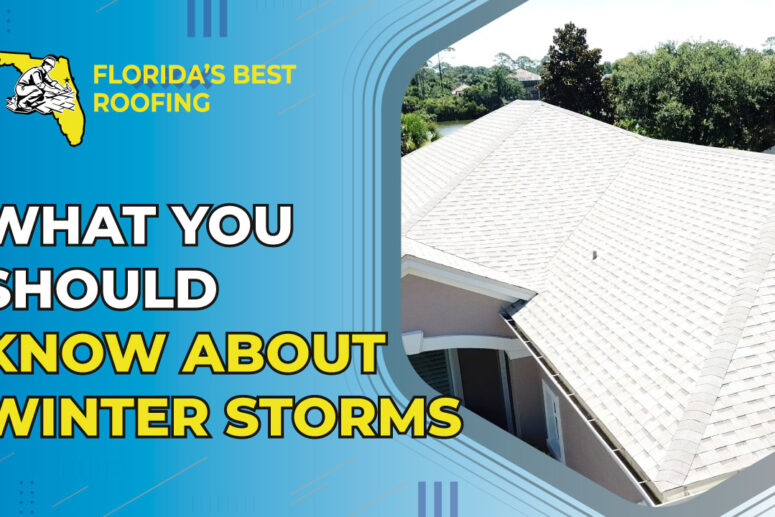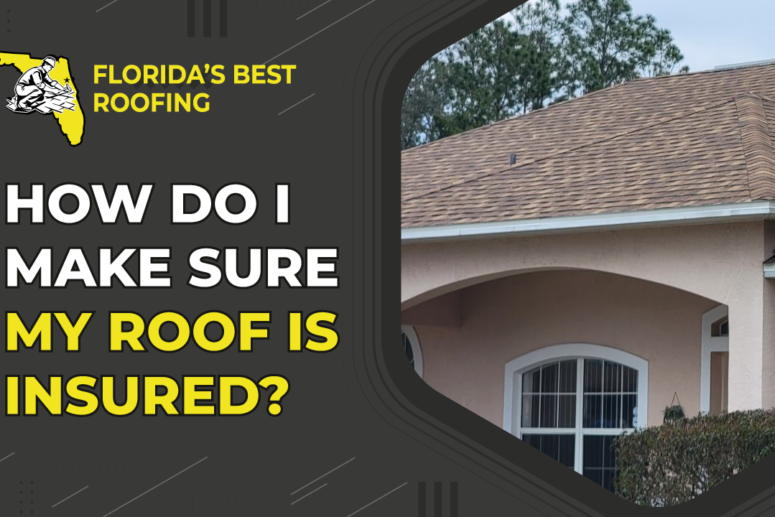Most people do not think about their roofs until they encounter a problem, like a leak. But, did you know that you can reduce roofing expenses and the likelihood of leaks by thinking of your roof ahead of time? Regular roof inspections are an important part of general home or property maintenance and they can catch emerging problems early, before they cause significant damage and a cascade of costs and repairs. So, when exactly should you get your roof inspected? Below we outline the best times for roof inspections.
After a Storm
The most obvious time to get your roof inspected is after a big storm. These happen pretty often in coastal Florida and not just in the form of tropical storms and hurricanes. Winter storms and subtropical summer storms can have wind gusts upwards of sixty miles per hour, which is enough to do significant damage to the roof. After any such storm it is important to inspect the roof for any creased or missing shingles (or cracked tile) and any impact points. A cursory once over is often enough to spot storm damage, but if you want to be extra careful, you should hire a professional. And, always remember that it can be dangerous to climb the roof of even a single story home, so take care if you do.
When Something Falls on It
Any time the roof is impacted by something hard (heavier than a leaf or some pine needles), the impact site should be inspected for damages. If the area becomes soft or has a visible groove, even if the surface looks alright, the roof needs to be repaired because this signifies damage to the sheathing (plywood) that makes up the roof deck. Most often these impacts result from falling branches, so make sure that there are no trees overhanging your roof and trim any trees that do.
If You Notice any Leaks
This one is also fairly obvious, but it bears repeating. If you notice any leaks inside, even in the attic, no matter how small, you should call a roofing contractor to inspect the roof and identify the source. At Florida’s Best Roofing we would be happy to do so and to give you a free repair estimate. Even a tiny leak indicates serious damage that will only grow larger and larger if left unattended. Additionally, in Florida leaks can often lead to mold growth, so do not wait to deal with them.
When You Clean Your Gutters
The time when you clean out your gutters is an excellent time to take a look at the roof as well. Just as you clear leaves and pine needles out of your gutters, these materials should also be cleared off of the roof. Allowing them to settle and rest in the roof’s valleys can lead to mold build up and rot setting into the roof sheathing, which will lead to leaks and eventually require roof replacement. If you cannot or do not want to clear your roof yourself, you can hire a contractor for a fairly low fee.
Twice Yearly
Even if none of the situations above apply to you (and in Florida they certainly will), you should have your roof inspected at least twice a year. At the start and then at the end of hurricane season might be a good schedule. Inspectors will look out for any potential trouble spots (like unsealed vents) that might result in a future leak, let you know if you have any storm damage from the past, and look out for any soft spots that might indicate dry rot or mold in the roof sheathing.
If you have any questions about roofs or need a roof inspection, we would be happy to help you out. Florida’s Best Roofing, Inc. is a fully licensed (CCC 1325974) and insured, local roofing contractor with decades of experience. If you are interested in roof replacement or repair and you are in the Palm Coast, Flagler, or Volusia area, please give us a call at 386-263-7906 for a free estimate!



